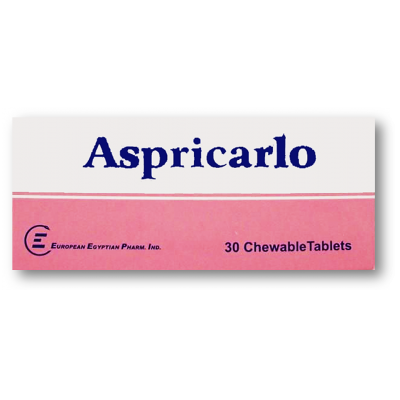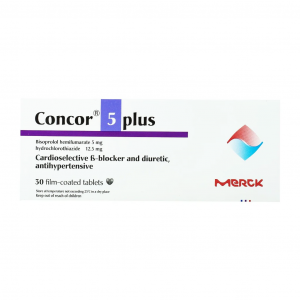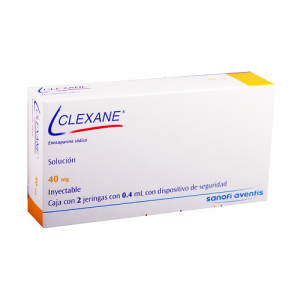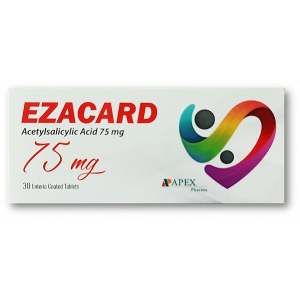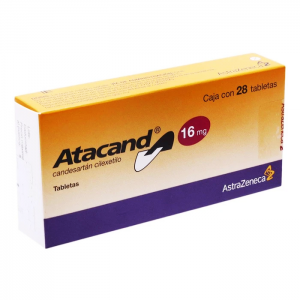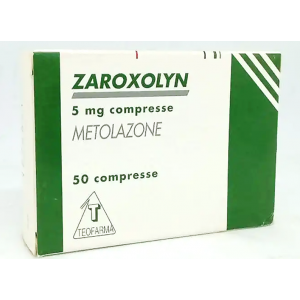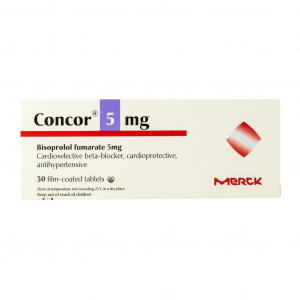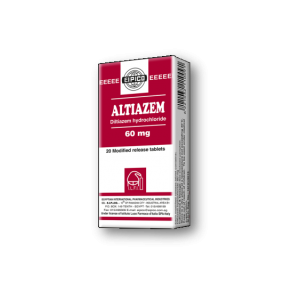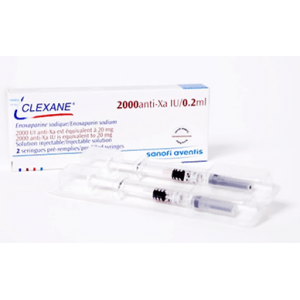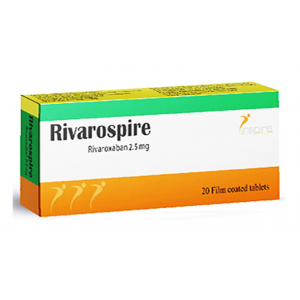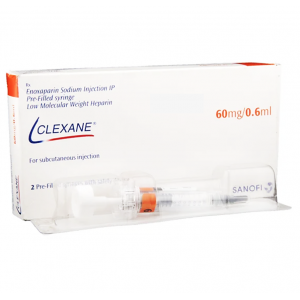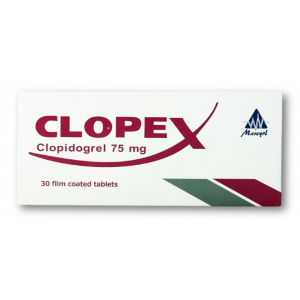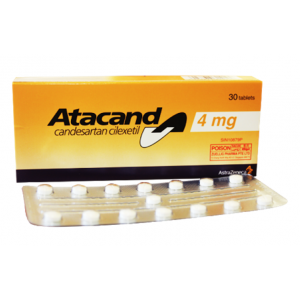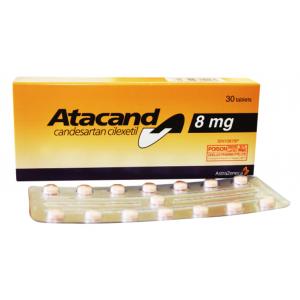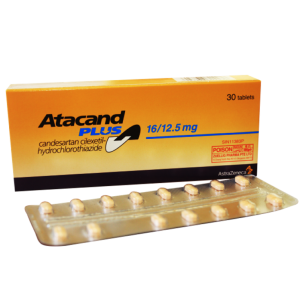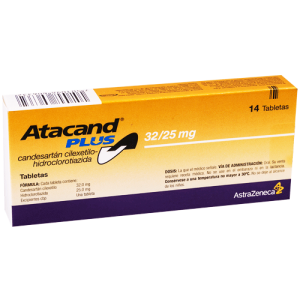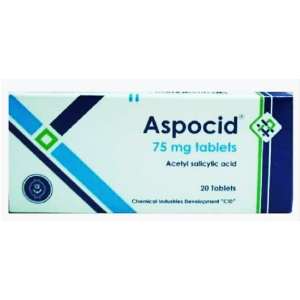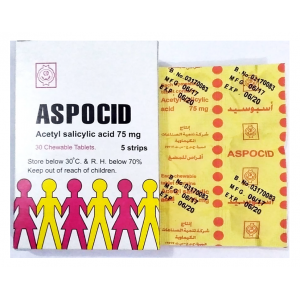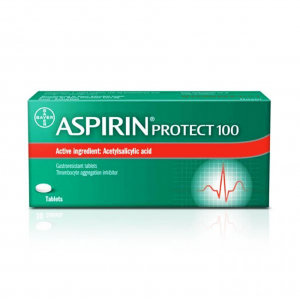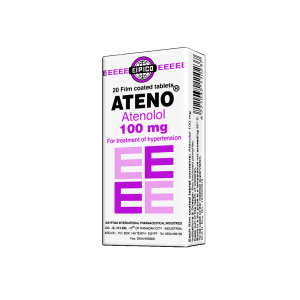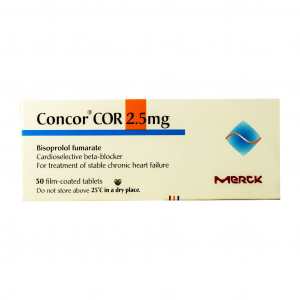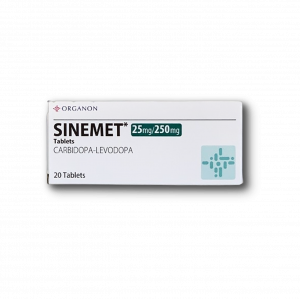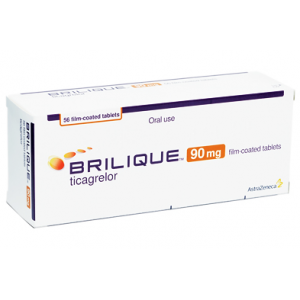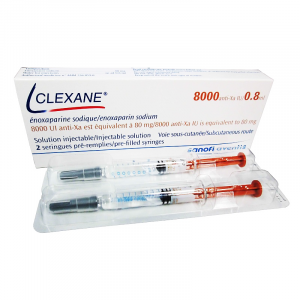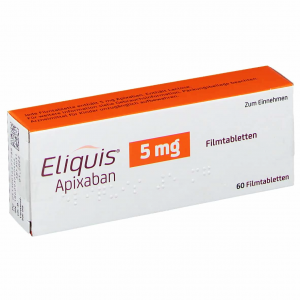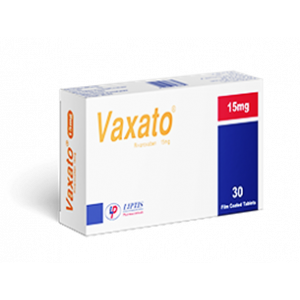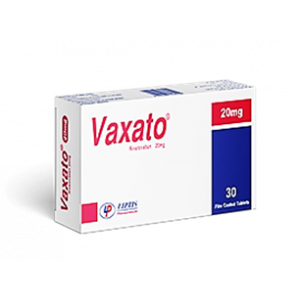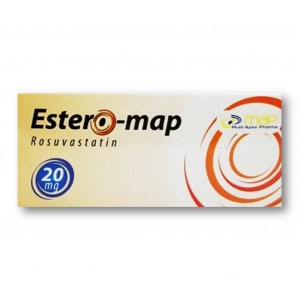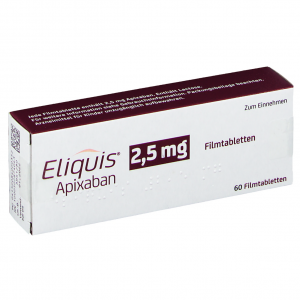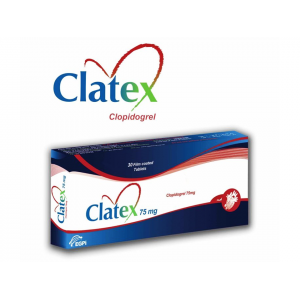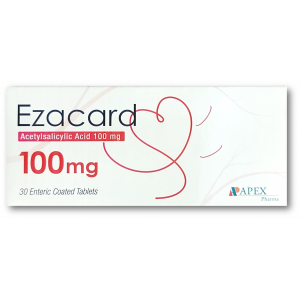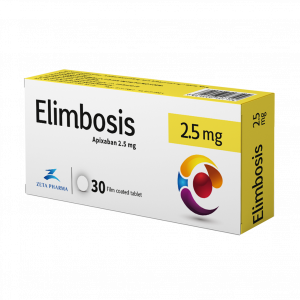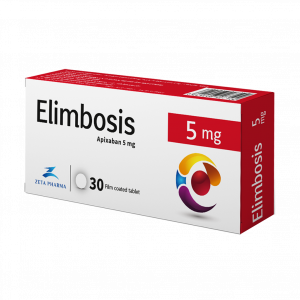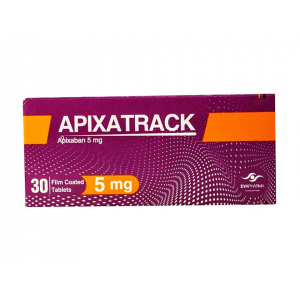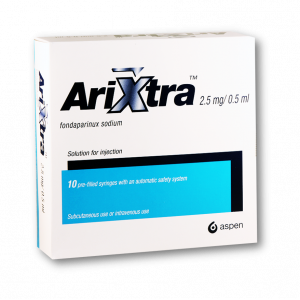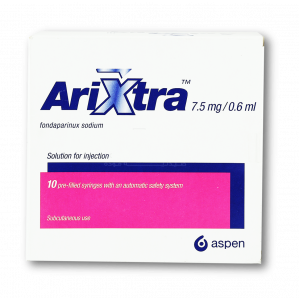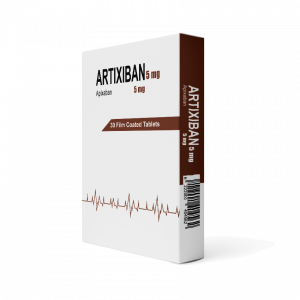- Anti-hestaminic & Respiratory Drugs (20)
- Anti-inflammatory Drugs (192) +-
- Baby & Mom (1326) +-
- Baby & Mom > Bath, skin & Hair > Skin Care > wibes (52)
- Beauty (3052) +-
- Beauty > Skin Care > whitening (307)
- Chemotherapy & Immune Response (883) +-
- Chemotherapy & Immune Response > ANTI-FUNGAL (11)
- Chemotherapy & Immune Response > Chemotherapeutic Agents > Hormone Antagonists >Enzyme Inhibitors (289)
- CIRCULATORY DISTURBANCE AGENTS (24)
- Diet & Fitness Products (284) +-
- DRUG AFFECTING CENTRAL NERVOUS SYSTEM (192)
- HEMATOLOGY (39)
-
Medical Supplies (503)
+-
- Chemicals & Disinfectants (19)
- Dental Supplies (31)
- Devices & Instruments (10)
- Diabetic Supplies (121)
- General Medical Supplies (21)
- I.V & Medical Solution (0)
- Intensive Care Unit & Anesthesia Supplies (0)
- KIDNEY UNIT SUPPLIES (21)
- Lab Supplies (3)
- Miscellaneous (21)
- Neonatal Unit Supplies (0)
- Operation Room Supplies (2)
- Sanitary (5)
- Sterilization Supplies (0)
- Surgical Sutures (4)
- Syringes (3)
-
Medicines & Health (2692)
+-
- Allergy & Sinus (95)
- Children's Health Care (54)
- Cough, Cold & Flu (277)
- Digestive Health & Nausea (230)
- Ear, Nose & Throat Care (179)
- Eye Care (124)
- Feminine Care (325)
- Foot Care (9)
- Orthopaedic Appliances (1)
- Pain Relief & Management (241)
- Pill Organizer (2)
- Skin Treatments (843)
- Sleep & Snoring Aids (2)
- Support & Braces (8)
- Medicines & health > Gout releif (42)
- Natural & Organic Products (81) +-
- OTC > Analgesics > Anti-inflammatory Drugs (44)
-
Personal Care (3279)
+-
- Bath & Body (271)
- Deodorant & Anti-perspirants (191)
- Ear, Nose & Throat Care (175)
- Eye Care (131)
- Feminine Care (374)
- Foot Care (17)
- Hair Care (472)
- Home Tests & Monitorings (14)
- Incontinence (7)
- Lip Care (22)
- Massage & Relaxation (17)
- Natural & Organic Personal Care (7)
- Oral Care (91)
- Pregnancy & Fertility (65)
- Shaving & Grooming (65)
- Sun Care (80)
-
Prescription Drugs (2905)
+-
- Analgesics (181)
- Cardiovascular System (374)
- Drugs Affecting Musculoskeletal System (65)
- Drugs Used In Infections (56)
- Ear & Nose Drugs (2)
- Endocrine System (176)
- Gastrointestinal Tract (241)
- Gastrointestinal Tract > Hepatology > Liver treatment (59)
- GYNECOLOGY (2)
- Miscellaneous (11)
- NEPHROLOGY > URINARY SYSTEM > RENAL DISORDERS > URINARY TRACT DISORDERS (46)
- NEUROLOGY (225)
- Nutrients & Blood Electrolytes (2)
- Respiratory System (154)
- SKIN > NAILS > HAIR > TOPICAL PREPARATIONS (100)
- Vaccines (1)
- Prescription drugs > Cardiovascular system > Anti-hypertension drugs (242)
- Sexual Wellness (301) +-
- Vitamins & Minerals Supplements (1212) +-
Ex Tax: 29EGP
Example
You can return the product within 14 days of purchase.
ReturnsYou can return the product within 14 days of purchase.

Aspricarlo 81 mg ( Acetylsalicylic Acid ) 30 chewable tablets
Why it's used
Aspirin is used to reduce fever and mild to moderate pain from a headache, menstrual periods, cold, toothache, or muscle ache. This medicine works by reducing the effects of a chemical in the body that causes fever. Aspirin is also used to relieve pain associated with inflammation or long-lasting degeneration of joints caused by osteoarthritis. It is also used to reduce the risk of a heart attack or stroke in patients who have a history of heart disease or stroke associated symptoms. This medicine works by preventing the formation of clots in the blood vessels. This medicine helps by making blood flow smoothly throughout the heart.
Nonsteroidal Anti-inflammatory Drugs
Aspirin belongs to a class of medicines called Nonsteroidal Anti-inflammatory Drugs. Nonsteroidal anti-inflammatory drugs, also called as NSAIDs, help reduce fever, decrease pain, and prevent clotting of blood. NSAIDs also reduce inflammation in the body when used in higher doses.
How to use
Read the directions on the product label, patient guide, or medicine guide provided by the medicine company or your pharmacist before starting to use Aspirin. If you have any questions related to this medicine, ask your doctor or pharmacist. Use this medicine as recommended by your doctor.
Pain medicines work best if they are used as soon as you feel any signs of pain. Aspirin may not work well if you delay using it until the symptoms have worsened.
Typical Dosage
The typical dose of Aspirin is 300-600 mg every 3-4 hours. The maximum adult dose of Aspirin is 3600 mg in a day. If you have been asked to eat this this medicine for the long-term by your doctor, it is recommended that you use this medicine at the same time every day. This medicine is not known to be habit-forming.
This medicine should be used on an as-needed basis. Aspirin may be prescribed for the long-term to reduce the risk of heart attack and stroke in patients with a history of these conditions.
If using the delayed-release form of this medicine, do not crush or chew the medicine, unless indicated on the package. Crushing or chewing of the medicine can result in unpleasant taste resulting in patients not following the medicine schedule. Crushing or chewing can also release all of the medicine at once, resulting in a decrease of effectiveness and a possible increase in side-effects.
To decrease the possibility of side-effects, you might be recommended to use the extended-release form of this medicine by your doctor. The extended-release medicine helps in maintaining a steady level of the medicine in your body for a longer period of time. Do not crush or chew the medicine, unless indicated on the package or by your doctor.
If using the effervescent form of this medicine, dissolve the prescribed number of tablets in water or the solution indicated on the medicine. After the tablets are fully dissolved, drink the solution right away. Do not consume the medicine long after it has been dissolved in water.
If you are using the chewable tablet form of this medicine, make sure you chew the medicine before you swallow it.
Talk to Your Doctor
Talk to your doctor if your condition worsens. Tell your doctor if you have stomach bleeding (or symptoms such as fainting, vomiting blood, black or bloody stools, or stomach pain that does not go away), you are suffering from unusual excessive bleeding, you have ringing in your ears or hearing loss, your fever lasts more than 3 days, and your pain lasts more than 10 days.
Use in Children
The safety and effectiveness of using Aspirin in children has not been established. The safety and effectiveness of this medicine in children has not been proved.
Avoid Alcohol
Avoid the consumption of alcohol with Aspirin.
Storage
You should store Aspirin at 25°C (77°F), and away from moisture. Store the medicine away from the reach of children and pets.
Medicines may be prescribed for uses other than those listed in the medicine guide. Do not use Aspirin for conditions for which it was not prescribed. Do not give Aspirin to other people who might have the same conditions or symptoms that you have. Self-medication may harm them.
How to take Aspirin
The dose and frequency of using Aspirin will depend on the following factors:
age of the patient
patient's health
the health of the patient's liver
the health of the patient's kidneys
medicines recommended by the doctor
any other medicines being used
herbal supplements being used
Aspirin Dosage
Dosage for pain and fever
Adult
Recommended: 325-650 mg every 4 hours
Maximum: 3900 mg per day
Dosage for short-term chest pain
Adult
Recommended: 75-160 mg once daily
Dosage for unexpected chest pain
Adult
Recommended: 75-160 mg once daily
Dosage for stroke or mini-stroke (also called, TIA)
Adult
Recommended: 75-325 mg once daily
Dosage for heart attack
Adult
Recommended: 150-450 mg as soon as possible after symptoms of a heart attack are seen
Dosage for prevention of complications after heart surgery
Adult
Recommended: 75-160 mg once daily
Dosage for prevention of heart attack
Adult
Recommended: 75-160 mg once daily
Minimum Age
16 years
Forms
Enteric coated tablets
Strength: 81 mg, 162 mg, 325 mg, 500 mg, 650 mg, and 975 mg
Chewable tablets
Strength: 81 mg
Extended-release tablets
Strength: 800 mg
Film-coated tablets
Strength: 81 mg, 325 mg, 500 mg
Suppositories
Strength: 60 mg, 120 mg, 200 mg, 300 mg
Extended-release capsule
Strength: 162.5 mg
Chewing gum
Strength: 227 mg
Special Instructions
Extended-release capsule
Do not take capsules 2 hours before or 1 hour after consuming alcohol.
Suppository
Do not stand up for at least 15 minutes after insertion of suppository.
Missed Dose
A missed dose should be taken as soon as you remember it. However, if the time for the next dose is almost there, then the missed dose should be skipped, and the regular dosing schedule should be continued. Avoid taking a repeated dose to make up for a missed one.
Overdose
What to do if you overdose on Aspirin?
If you have taken more than the recommended dose of Aspirin, get medical advice immediately. Hospitalization may be required for a toxic overdose. If the overdose has happened within the last 1 hour, the toxic effect can be reduced by taking activated charcoal. Activated charcoal is a form of carbon that has small, low-volume pores. These pores help trap chemicals as in the case of poisoning. In the case of moderate intoxication, vomiting, cleaning out the contents of the stomach (gastric lavage), and using a laxative (sodium sulfate) may help to reduce the toxic effects.
Symptoms of an overdose of Aspirin
If you use too much of this medicine, it could lead to dangerous levels of the medicine in your body. In such cases, symptoms of an overdose may include:
abdominal pain
coma
confusion
convulsions
disorientation
fast breathing (hyperventilation)
feelings of restlessness
fever
hallucination
headache
hearing disorders
nausea
ringing in the ears (tinnitus)
sweating
very low blood glucose levels
vomiting
If you think you have overdosed on Aspirin, call a poison control center immediately. You can look up the poison control center information from the Poison Center Finder at TabletWise.com.
Precautions while using Aspirin
Before you use Aspirin, tell your doctor of your medical and health history including the following:
allergy to non-steroidal anti-inflammatory drugs (NSAIDs)
blood clotting disorder
history of indigestion
nasal polyps associated with asthma
severe heart failure
severe kidney disease
severe liver disease
stomach ulcer
Patients using Aspirin may develop difficulty in breathing, a runny nose, itchy skin or swelling.
Before you use Aspirin, tell your doctor if you are allergic to it or its ingredients. Your doctor may prescribe an alternative medicine and update your medical records to record this information.
Before having any surgery when using Aspirin, tell your doctor and dentist about all the medicinal products you use including prescription and non-prescription medicines, and any herbal supplements.
Alcohol
Avoid the consumption of alcohol with Aspirin. Drinking alcohol may cause increases the risk of bleeding in the stomach and intestines.
Use in Pregnancy
Consult with your doctor on the use of Aspirin during pregnancy. Using this medicine during pregnancy may harm an unborn baby. Also, babies born to mothers who have used this drug during the third trimester of pregnancy may rarely develop serious health problems such as low birth weight, bleeding inside the head, and loss of the baby due to stillbirth. Aspirin belongs to the NSAID class of medicines. NSAIDs should not be taken after 29 weeks of pregnancy as these medicines may cause serious harm to the unborn baby.
Use while Breastfeeding
Aspirin is not safe for use in women who are breastfeeding. If you are breastfeeding, discuss with your doctor if you should either discontinue breastfeeding or stop using this medicine while breastfeeding. This medicine may pass into breast milk.
Impact on Fertility
Consult with your doctor on the use of Aspirin, if you are trying to conceive.
Increased Risk
This medicine can cause stomach bleeding. The use of alcohol/tobacco with Aspirin may increase the risk. Talk to your doctor if you drink alcohol or smoke regularly.
Side-effects in Children
Aspirin may cause an increased risk of side-effects in younger patients.
Side-effects in Older Patients
Aspirin may increase side-effects in older patients. Elderly patients may see an increased risk of bleeding in the stomach and intestines
Aspirin Side-effects
The following side-effects may commonly occur when using Aspirin. If any of these side-effects worsen or last for a long time, you should consult with your doctor:
increased bleeding tendency
indigestion
Rarely, the use of Aspirin may cause the following side-effects:
difficulty in breathing
skin rash
viral infections of the nose and throat
The following severe side-effects may also occur when using Aspirin:
Loss of hearing
Severe bleeding in the stomach or intestines
Fast heartbeat
Lyell's syndrome
Symptoms: severe skin reactions
Your doctor has prescribed Aspirin because they judge that the benefit is greater than the risk posed by side-effects. Many people using this medicine do not have serious side-effects. This page does not list all possible side-effects of Aspirin.
If you experience side-effects or notice other side-effects not listed above, contact your doctor for medical advice. You may also report side-effects to your local food and drug administration authority. You can look up the drug authority contact information from the Drug Authority Finder at TabletWise.com.
Warnings
Allergic to Aspirin
This medicine may lead to an increased risk of allergic conditions. Use of this medicine in such patients may lead to the development of symptoms like facial swelling and skin rashes.
Active Stomach Ulcer Disease
Patients with swelling in the food pipe, stomach, and intestines are at risk when using this medicine. Such patients may develop a risk of gastric ulceration and gastrointestinal bleeding. Avoid the use of Aspirin in patients with a history of ulcers in the stomach or intestines.
Reye's Syndrome
Children who are recovering from chickenpox or flu-like symptoms are at an increased risk when using this medicine. Such patients may develop changes in behavior with symptoms of nausea and vomiting and further chances of development of the swelling in the brain and liver (Reye's syndrome). Consult with your doctor before using Aspirin in such patients.
Use of Anticoagulant or Antiplatelet Medicines
Patients undergoing anticoagulants and antiplatelet therapy are at an increased risk when using this medicine. Such patients have an increased risk of bleeding when using this medicine. Such patients should avoid using this medicine when undergoing therapy with anticoagulants or antiplatelet drug.
Heavy Menstrual Bleeding
These patients are at an increased risk when using this medicine.
Family History of Lapp Lactase Deficiency
Patients with family history of Lapp lactase deficiency are at an increased risk when using this medicine.
Interactions with Aspirin
When two or more medicines are taken together, it can change how the medicines work and increase the risk of side-effects. In medical terms, this is called as a Drug Interaction.
This page does not contain all the possible interactions of Aspirin. Share a list of all medicines that you use with your doctor and pharmacist. Do not start, stop, or change the dose of any medicines without the approval of your doctor.
Antimetabolites
Your doctor's guidelines may need to be followed while taking this medicine along with methotrexate, which is a medicine which is used to treat cancer. This medicine reduces the removal of methotrexate in the urine by the kidneys. This causes a decrease in the production of blood cells responsible for providing immunity to the body. Patients should not take Aspirin and methotrexate in combination.
Anticonvulsants
Aspirin interacts with phenytoin and valproic acid, which are used to treat epilepsy. Using these medicines simultaneously decreases phenytoin levels in the body and increases levels of valproic acid in the body. Patients should take necessary precautions while taking both drugs in combination.
Anticoagulants
There may be an interaction of Aspirin with anticoagulants, which are used to prevent blood clotting. Patients taking anticoagulants with Aspirin may experience increased risk of bleeding. Patients should take necessary precautions while taking both drugs in combination as the risk of bleeding is high.
NSAIDs
Aspirin may interact with nonsteroidal anti-inflammatory drugs (NSAIDs), which are used to treat fever and pain. NSAIDs can interfere with the anti-platelet effect of low-dose aspirin and result in an increased risk of bleeding. Take this medicine at least 8 hours after taking a dosage of other NSAIDs (such as, Ibuprofen).
Renin-Angiotensin System (RAS) Inhibitors
Special instructions need to be followed while taking this medicine along with renin-angiotensin system (RAS) inhibitors, which are medicines used in the treatment of high blood pressure. Taking these medicines together may result in kidney failure. Monitoring of the functioning of the kidneys is required while using this combination of medicines.
Urine Alkalizer Drugs
Your doctor's guidelines may need to be followed while taking this medicine along with antacids, or citrates, which are used to prevent gout or kidney stones. Taking Aspirin with antacids and citrates increases the removal of Aspirin from the body. This can decrease the effectiveness of Aspirin.
Glycopeptide Antibiotics
Aspirin interacts with vancomycin, which is a medicine that is used to treat bacterial infections. Using both medicines together may increase the chances for harmful effects to ear which may lead to loss of hearing. Patients should take necessary precautions while taking both drugs in combination.
Antidiabetics
Special instructions need to be followed while taking this medicine along with sulphonylureas, which are used to treat high blood sugar levels. This medicine increases the blood sugar lowering effect of sulphonylureas. Patients should take necessary precautions while taking both drugs in combination.
Antiprogestins
There may be an interaction of Aspirin with mifepristone, which is used to abort a pregnancy. Avoid the use of Aspirin until 8-12 days after taking mifepristone.
Uricosuric Agents
Aspirin may interact with probenecid, which is used to treat gout. This medicine reverses the effect of probenecid. Patients should avoid using both medicines together.
Brands
Following are the top brand names of Aspirin in countries around the world:
Global
Aspro, Disprin, Excedrin, Trinomia and Vasopirin
Australia
Alka-Seltzer, Aspirin Ec, Aspro Clear, Codis and Spren
Canada
Acetylsalicylic Acid Stomach Protection, Asaphen, Aspirin Migraine, Entrophen and Rivasa
Egypt
Aspain, Aspocid, Asprotect, Jusprin and Rivo
Hong Kong
Asp, Aspilets, Bayer Aspirin, Cartia and Ecopirin
India
Asa, Beat, Gra, Prin and Sprin
Indonesia
Aspilets
Nigeria
Mediprin, Micropirin, No pain, Propon and Samrin
Saudi Arabia
Aspicard, Aspirin Adult, Aspirin Children and Remin
Singapore
Astrix, Bokey and Cardiprin
South Africa
Disprin Plus
UAE
Ascor, Aspirin Protect, Aspro, Dispril and Rivo
UK
Boots Aspirin Dispersible, Boots Aspirin and Micropirin P
USA
8-Hour Bayer, Aspirin, Bayer Extra Strength Aspirin For Migraine Pain, Durlaza and Measurin
Expired Medication
Taking a single dose of expired Aspirin is unlikely to cause a side-effect. However, please discuss with your doctor or pharmacist, if you feel unwell or sick. An expired medicine may become ineffective in treating your prescribed conditions. To be on the safe side, it is important not to use an expired drug. You are much safer by always keeping a fresh supply of unexpired medicines.
Safe Disposal of Medication
If there are disposal instructions on the package, please follow the instructions.
If there are medicine take-back programs in your country, you should contact the respective authority to arrange for the disposal of the medicine. For example, in the USA, the Drug Enforcement Administration regularly hosts National Prescription Drug Take-Back events.
If there are no take-back programs, mix the medicine with dirt and place them in a sealed plastic bag. Throw the plastic bag in your household trash. Separately, remove all personal information including the prescription label from the medicine packaging and then dispose off the container.
If specifically indicated on the medicine package that it needs to be flushed down the toilet when no longer needed, perform the required step.
Write a review
Your Name:Your Review: Note: HTML is not translated!
Rating: Bad Good
Enter the code in the box below:

